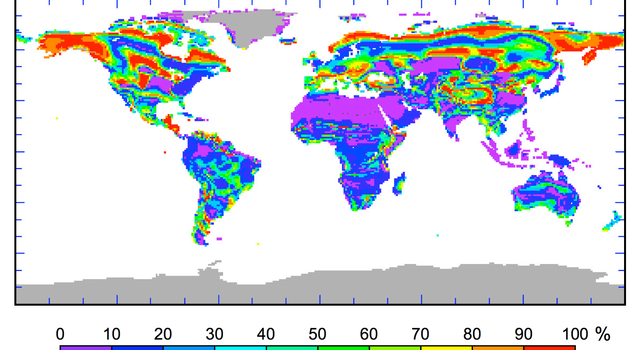Environmental & Science Education
STEM
Models
Climate Change
Edward Hessler
On a recent trip to England, theoretical physicist Sabine Hossenfelder stopped by to talk with Professor Timothy Palmer, a climate modeler, about an article she had read in the New York Times titled "How Scientists Got Climate Change So Wrong." She went to check on her own understanding as well as to learn more about models and their divergence.
Dr. Hossenfelder published the interview on her blog, BackReaction. It is about 35 minutes long. Last I checked there were 56 responses. She titled her post "Did Scientists Get Climate Change Wrong?" The first comment out of the chute reads "If a video has a question mark in the title, then the answer is always 'no'". Hossenfelder responded with "My previous video was titled 'How can we test a Theory of Everything?' and the answer was not 'no'".
For me this was an informative interview about modeling, modeling needs/difficulties, especially the need for regional models (and how difficult this will be) when it comes to policy. Palmer notes that the climate models have been remarkably accurate in predicting the rise in global temperature. I was also struck by the size of this problem and its very long reach into the future, due to lag times. These models are based on what physicists call first principles or which we sometimes refer to the laws of nature, another way of saying this is how nature works.
What a massive problem we've created and now must "solve."
In talking about models and modeling difficulties, Palmer uses the term parameterization several times. He places it in enough context that while it is not fully understandable unless you are a modeler you can attain a gut sense of its meanings. Consider cloud processes. They are too complex to understand perfectly or too small scale, so simplified or imperfect formulas must be used to represent them. He notes that there is not a physics textbook/handbook to which you can refer and find the relevant formulas.

 CGEE Student Voice
CGEE Student Voice
No comments:
Post a Comment